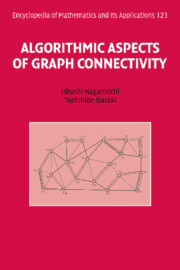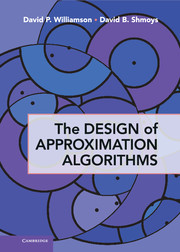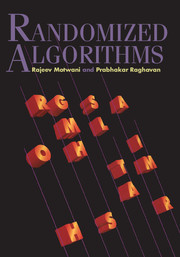Algorithmic Aspects of Graph Connectivity
Algorithmic Aspects of Graph Connectivity is the first comprehensive book on this central notion in graph and network theory, emphasizing its algorithmic aspects. Because of its wide applications in the fields of communication, transportation, and production, graph connectivity has made tremendous algorithmic progress under the influence of the theory of complexity and algorithms in modern computer science. The book contains various definitions of connectivity, including edge-connectivity and vertex-connectivity, and their ramifications, as well as related topics such as flows and cuts. The authors thoroughly discuss new concepts and algorithms that allow for quicker and more efficient computing, such as maximum adjacency ordering of vertices. Covering both basic definitions and advanced topics, this book can be used as a textbook in graduate courses in mathematical sciences, such as discrete mathematics, combinatorics, and operations research, and as a reference book for specialists in discrete mathematics and its applications.
- Starts from basic materials of graph theory
- Covers up-to-date topics and algorithms in the area of graph connectivity
- Covers new concepts and algorithms for quicker and more efficient computing
Reviews & endorsements
'… a comprehensive graduate level text and a worthy addition to a professional library.' SciTech Book News
'This fine graduate-level textbook discusses the algorithmic efficiency of graph connectivity problems. What is impressive about this book is the unified framework in which algorithmic efficiency is discussed.' Mathematical Reviews
'This excellent book can be an important source for researchers and a valuable textbook for graduate students.' Zentralblatt MATH
'… comprehensive and detailed …' EMS Newsletter
Product details
May 2019Paperback
9781108735490
391 pages
234 × 156 × 20 mm
0.8kg
Available
Table of Contents
- 1. Introduction
- 2. MA ordering and forest decompositions
- 3. Minimum cuts
- 4. Cut enumeration
- 5. Cactus representations
- 6. Extreme vertex sets
- 7. Edge-splitting
- 8. Connectivity augmentation
- 9. Source location problems
- 10. Submodular and posi-modular set functions.






